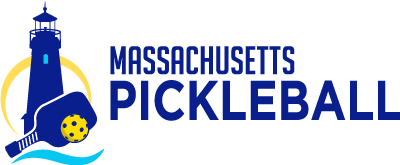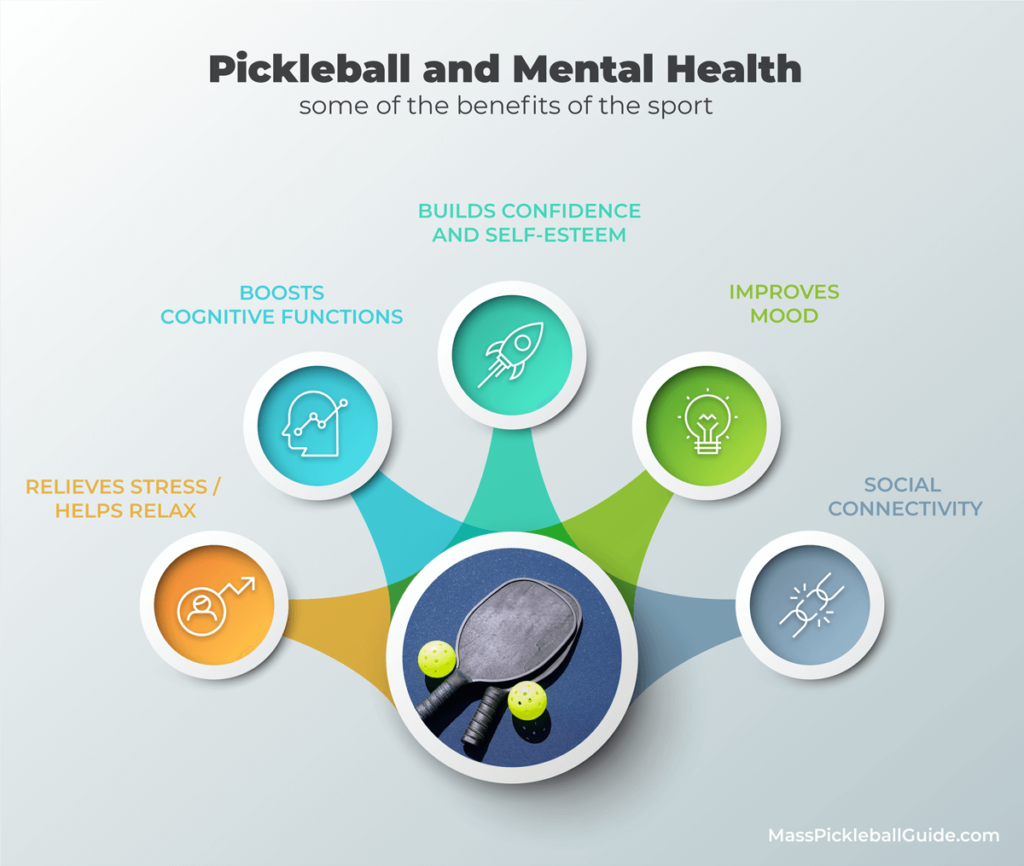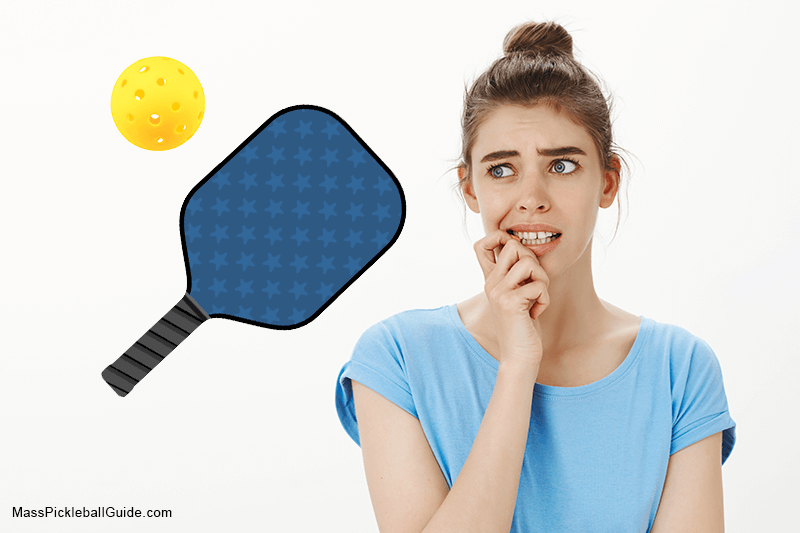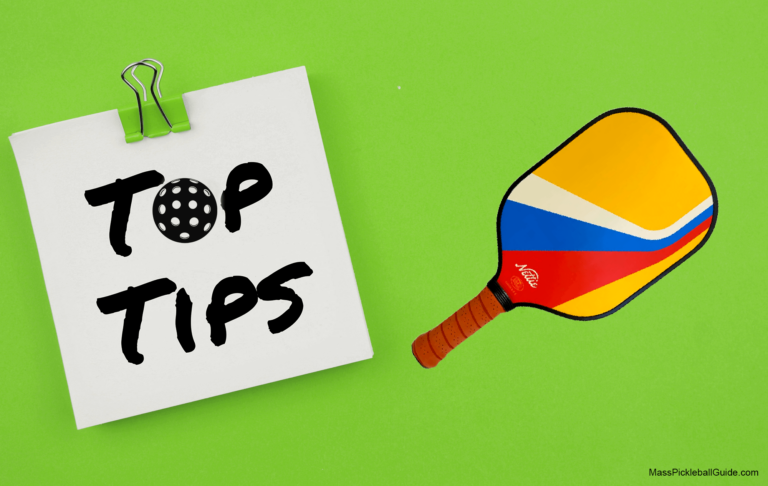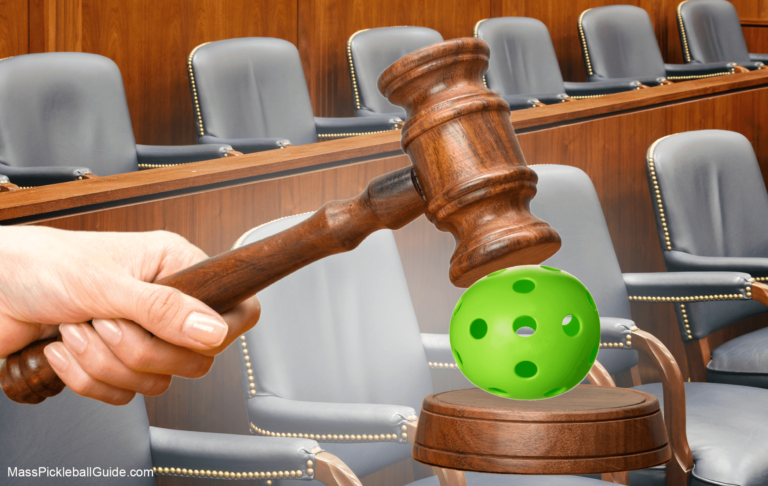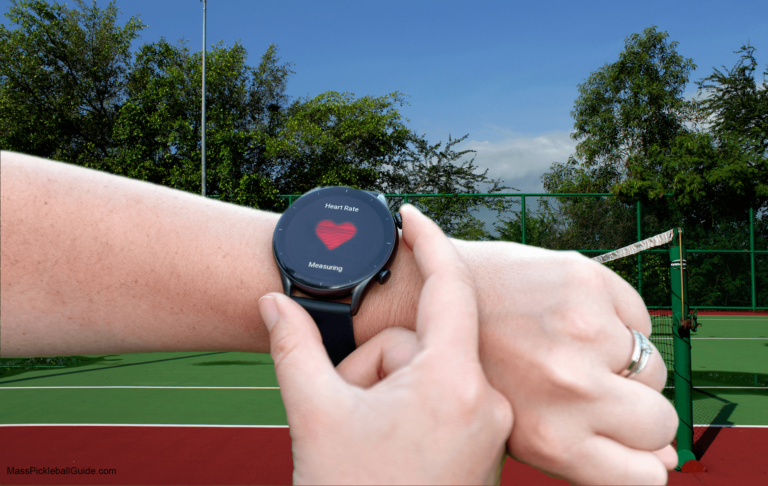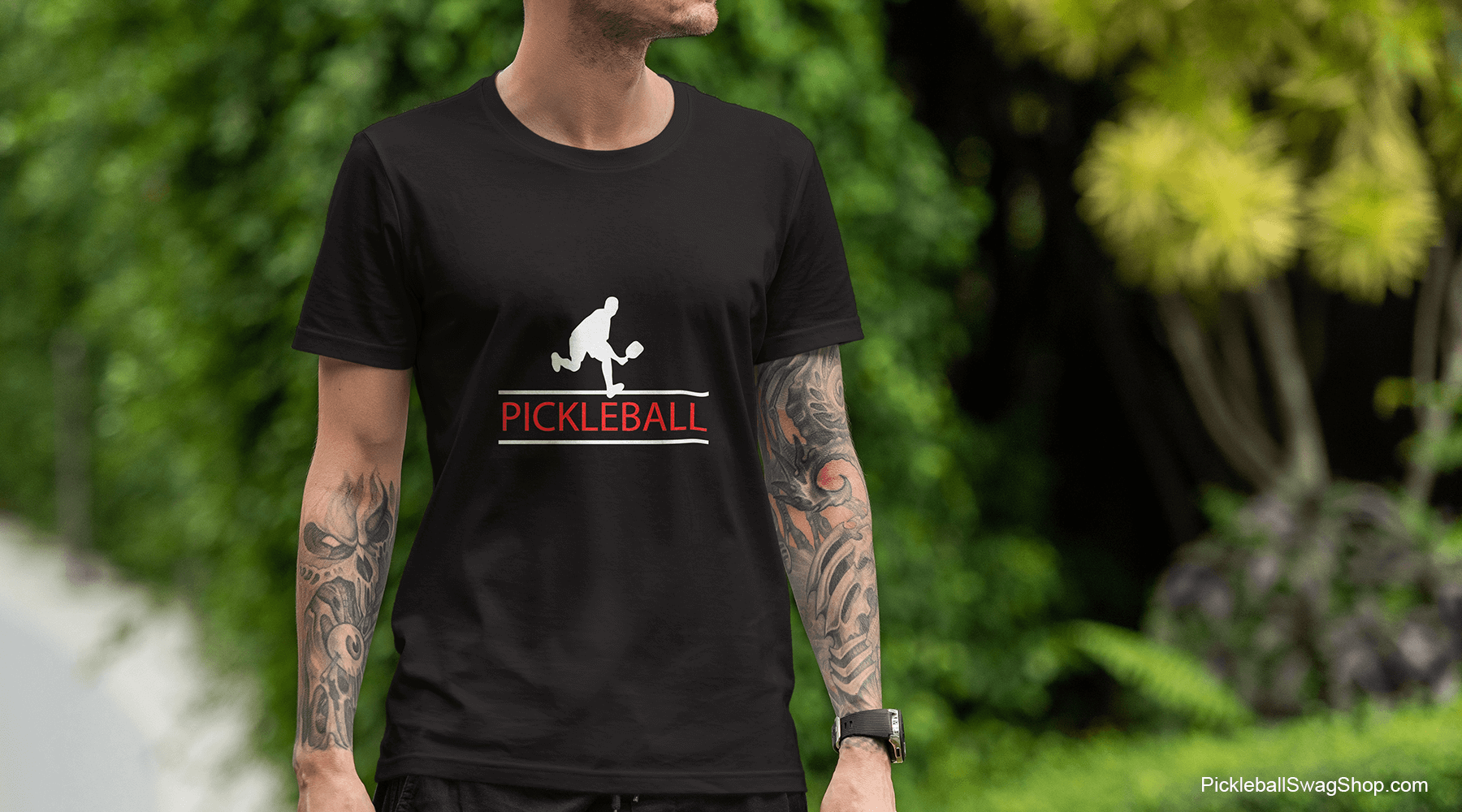Mastering New Sports: The Psychology & Benefits of Pickleball
head games?
Embarking on the journey of learning a new sport is not just a physical endeavor but a richly cognitive and emotional one as well.
This exploration into a new physical activity goes beyond just developing athletic skills; it engages our brain, ignites our cognitive abilities, and provides a canvas for personal growth and positive experiences. In this article, we delve into the psychology behind embracing a new sport, understanding the myriad of benefits it brings to our mental and physical well-being. From the stimulating process of acquiring new skills to the exhilaration of stepping out of our comfort zones, starting a new sport (ah… pickleball) is a journey worth taking.
Embracing Change: The Cognitive Leap
When we decide to try a new sport, we engage in a powerful cognitive process. Learning, particularly in the realm of physical activity, can accelerate brain development and lead to neuroplasticity, the brain’s ability to reorganize itself by forming new neural connections. This learning process is not just about mastering the sport itself, but about enhancing our overall cognitive abilities. Whether it’s the strategic thinking in a game of chess or the quick reflexes needed in tennis, each new sport presents unique cognitive challenges.
The Impact of New Sports on the Brain
- Neuroplasticity: New athletic skills demand and foster neuroplasticity
- Cognitive Challenges: Each sport brings unique challenges that stimulate brain growth
- Myelination: Learning a new sport can increase myelination, aiding in faster and more efficient brain processes
- Positive Brain Growth: Sports are not just physically demanding; they provide a workout for the brain, contributing to positive brain development
Engaging in a new sport is not just about physical activity but about cognitively challenging ourselves. This can be particularly beneficial in adulthood, a period often misconceived as a time of cognitive stagnation. Sports like pickleball can offer the perfect blend of physical and cognitive engagement, proving that learning and brain growth can continue throughout life.
Benefits of Diving into a New Sport
Starting a new sport can be a transformative experience with a plethora of benefits. It’s not just about physical health; it’s about enriching our lives from a holistic point of view.
Comprehensive Benefits
- Mental and Physical Well-being: Engaging in sports leads to both mental and physical fitness
- Learning and Growth: Confronting new challenges in sports accelerates learning and personal development
- Social Connections: Sports often involve teamwork or community, fostering social interactions and connections
- Positive Experiences: Trying new athletic activities generates euphoric and positive feelings
For instance, engaging in pickleball not only improves your physical activity levels but also has a significant impact on mental health. As highlighted in Pickleball and Mental Health Impact, the sport can lead to enhanced mood and reduced stress levels. Similarly, the physical exertion in sports like pickleball can aid in weight loss and contribute to overall longevity.
Overcoming Challenges: The Psychological Aspect of Trying New Sports
The journey of starting a new sport often comes with its set of challenges. Overcoming these barriers is a crucial part of the learning process and can be incredibly rewarding. The act of trying out a new sport, like pickleball, involves confronting hesitation and overcoming fear, which in turn can lead to significant psychological growth.
Navigating the Learning Curve
- Confronting Hesitation: The first step is often overcoming initial doubts and fears
- Overcoming Fear: Each attempt and failure is a stepping stone to mastery
- Accelerate Learning: Embracing mistakes as learning opportunities can make the process more efficient and rewarding
- Positive Experience: Overcoming these challenges can lead to a sense of accomplishment, boosting self-esteem and confidence
For many, the idea of starting a sport like pickleball can be daunting, especially if they are new to athletic endeavors. However, as we discuss in Pickleball and Heart Rates, the physical demands can be adjusted to individual fitness levels, making it an accessible sport for beginners.
The Long-term Benefits of Engaging in New Sports
While the immediate effects of starting a new sport are often physical, the long-term benefits can be far more encompassing. Engaging in regular physical activity like pickleball can lead to improved cognitive function, better mental health, and overall enhanced quality of life.
Sustained Growth and Well-being
- Mental and Physical Health: Regular engagement in sports can lead to long-term mental and physical health improvements
- Cognitive Abilities: Sports activities are known to enhance cognitive abilities and prevent cognitive decline
- Social Well-being: Regular involvement in sports can lead to lasting social connections and community building
- Overall Longevity: The combination of physical fitness, mental well-being, and social connections contributes to a longer, healthier life
Sports like pickleball not only offer immediate physical benefits but also contribute to long-term cognitive and social well-being. This is further elaborated in our article on the Health Benefits of Pickleball, where we explore how engaging in this sport can lead to lasting positive impacts on health and lifestyle.
Lifelong Learning and Adaptation through Sports
The concept of lifelong learning applies remarkably well to the realm of sports. Engaging in new sports activities, especially in later stages of life, exemplifies the brain’s capacity for adaptation and growth. The journey through learning and mastering a new sport like pickleball is a testament to our ability to continue growing and evolving.
Embracing Continuous Growth
- Lifelong Adaptation: The ability to learn new skills doesn’t diminish with age
- Neuroplasticity in Adults: Engaging in new sports can stimulate brain plasticity even in adulthood
- Continuous Skill Development: Every new sport offers a unique set of skills and learning opportunities
The idea that our brains can continue to develop and adapt through activities like sports is a powerful reminder of our potential for growth at any age. This is particularly relevant in sports that cater to all ages, like pickleball, where the learning curve is accommodating yet challenging.
Conclusion: The Transformative Power of New Sports
Starting a new sport is more than just a physical commitment. It is a journey that involves overcoming psychological barriers, engaging in lifelong learning, and reaping the benefits of improved mental, physical, and social well-being. Sports like pickleball embody these aspects, offering a unique blend of cognitive challenge, physical activity, and social interaction.
The Holistic Impact of Sports
- Whole-Person Development: Engaging in sports leads to development beyond physical abilities
- Community and Connection: Sports serve as a platform for building community and fostering social interactions
- Enhanced Quality of Life: The combined physical, mental, and social benefits of sports contribute to an overall improved quality of life
In conclusion, whether you’re a seasoned athlete or a beginner, the psychological journey of starting a new sport like pickleball can be a transformative experience. With its unique blend of physical activity, cognitive engagement, and social interaction, pickleball offers a comprehensive package for anyone looking to enrich their lives. For more insights into this fascinating sport, explore our articles on Pickleball Technology and The Mental Health Impact of Pickleball, and discover how it can be a part of your journey towards a healthier, happier life.
